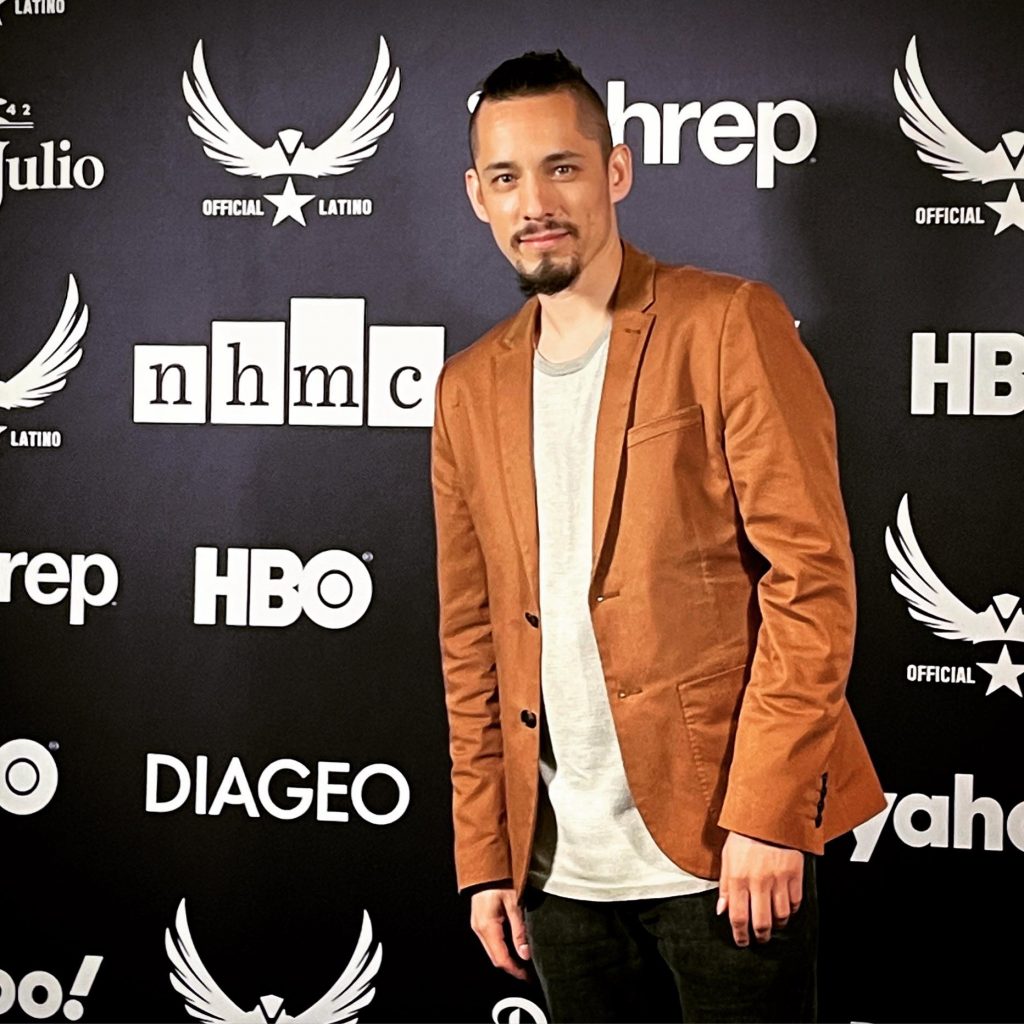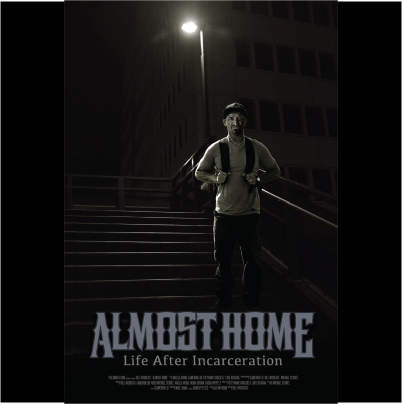
Almost Home is a feature-length documentary that examines the many challenges individuals face when they get released from prison and the positive impact they can have if given the opportunity to succeed.
In the United States, more than 600,000 people return home from incarceration each year, often with little support or stability. For people who live in the shadows of their criminal records, overcoming the extensive legal restrictions and social stigmas is a daunting task. Once released from the prison gates, individuals face staggering rates of unemployment, discrimination, and homelessness. Without the support needed to overcome these devastating barriers, people often return to illegal activities just to survive.

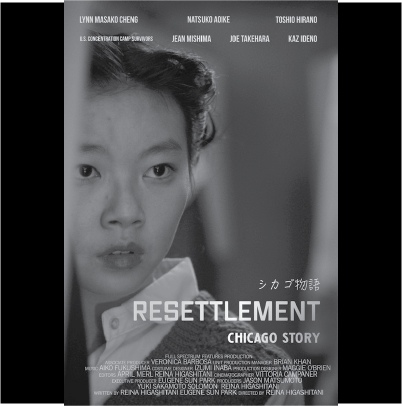
Several years after the U.S. government’s forced incarceration of Japanese Americans during WWII, the Yamamoto family runs a struggling dry-cleaning business in Chicago.

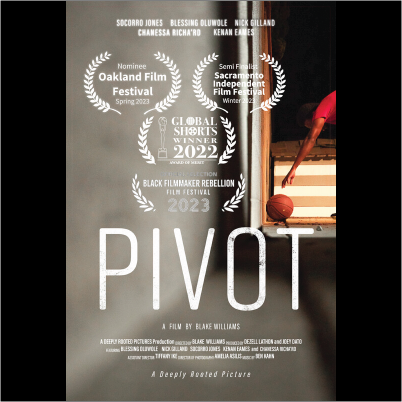
Leo, a young father and former high-school basketball star, works at a local grocery store. He’s an aspiring professional basketball player in his early 20’s. He believes the upcoming NBA G-League tryout is his chance to make it to the NBA. Leo wants to provide for his daughter Kyn, and his mother Hera, but his ego and short temper often cloud his decision-making. Leo is in the process of transforming into an adult and needs guidance. He is desperate and will risk everything for a chance to fulfill his dream. Concurrently, Leo’s desperation will put him in a dangerous position. Leo will have to reconsider his motives to be present when his family needs him the most.
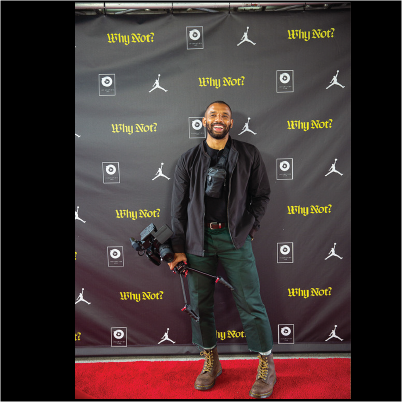
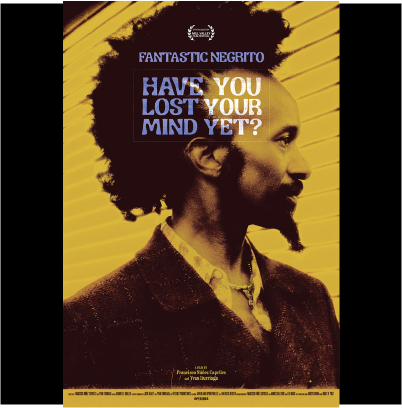
conoclastic bluesman Fantastic Negrito faces his demons as he records his third Grammy-winning album. Digging deep into his turbulent past, he searches to answer the question: in a sick society, how do you keep from going crazy?

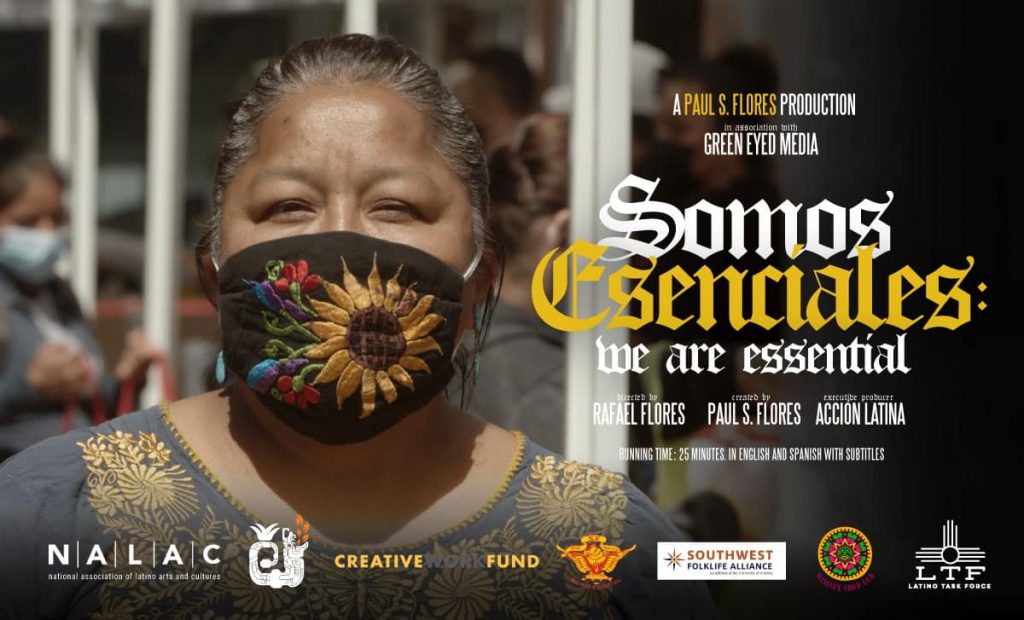
“Somos Esenciales” tells the stories of Latino Essential Workers
> at the Mission Food Hub and Latino Task Force of San Francisco. The
> film shows the resilience and self determination of the Latino
> community in response to the COVID pandemic by relying on cultural
> practices such as food pathways, healing circles, lowriding,
> volunteering and arts practices to address the health disparities of
> Latinos which were neglected by the city of San Francisco.
